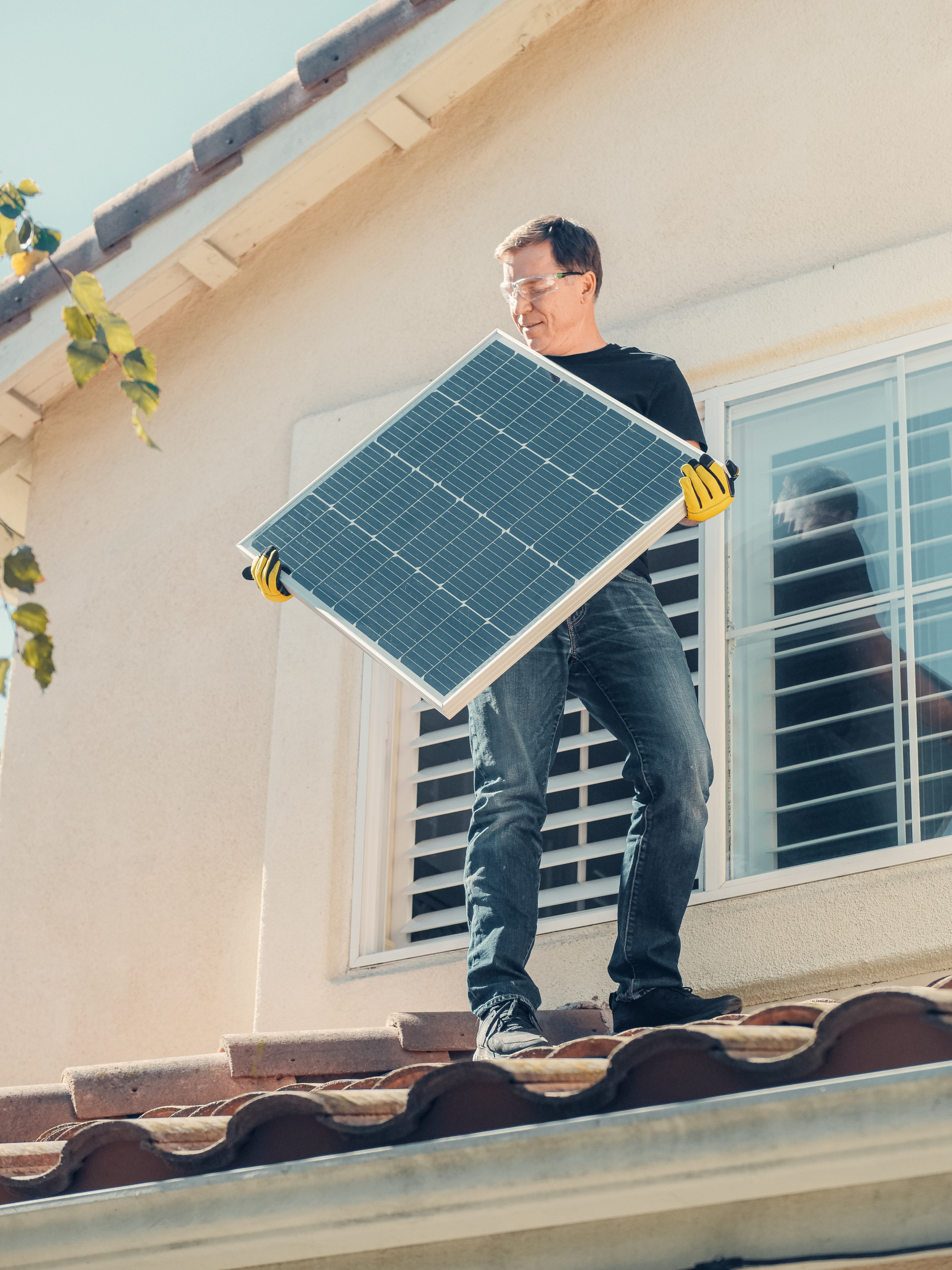The luxury real estate sector has long been associated with exclusivity, elegance, and a certain material luxury. However, in an era of heightened environmental awareness, the high-end property market is undergoing a significant transformation, increasingly shifting towards eco-friendly solutions. The combination of sustainability and luxury is no longer an exception but is becoming a sought-after standard for many buyers. Luxury homes that are environmentally conscious while offering exceptional amenities are now a central focus for those in this market.
1. The Evolution of Buyer Expectations in Luxury Real Estate
Luxury property buyers are increasingly sensitive to sustainability issues. Previously, a luxury property was primarily distinguished by its size, location, high-end finishes, and amenities. Today, owners of prestigious houses and apartments are increasingly looking to incorporate eco-friendly elements into their purchases. According to a 2023 study by the Global Sustainability Index , more than 60% of real estate investors now seek properties that integrate environmentally friendly solutions, such as renewable energy systems, efficient resource management, and a reduced carbon footprint.
This change is also influenced by a new generation of buyers: Millennials and Generation Z, who are much more concerned about ecological issues and their environmental impact.
2. Eco-friendly materials in luxury real estate
One of the central elements of eco-friendly luxury real estate lies in the use of sustainable and environmentally friendly materials. Building materials, both inside and out, have a direct impact on a property's energy efficiency.
Certified wood and natural materials
Wood sourced from sustainable or FSC (Forest Stewardship Council) certified forests has become a preferred choice in the construction of luxury homes. Bamboo, for example, is a highly prized material for its aesthetic appeal while also being extremely eco-friendly. Using natural stone, recycled bricks, or raw earth in construction helps reduce the property's carbon footprint.
Eco-friendly paints and finishes
Low-VOC (volatile organic compound) paints and natural finishes (beeswax, vegetable oils) are now common in luxury projects. These materials, which emit no toxins, also guarantee the health of residents.
Superior thermal insulation
Thermal insulation is a key investment in any environmentally friendly real estate project. Luxury homes, in particular, are designed to be exceptionally well-insulated, thus reducing heating and cooling needs. Triple-glazed windows, walls made of natural insulating materials, and green roofs are modern solutions that guarantee both comfort and energy savings.
3. Energy efficiency and the use of renewable energies
In luxury real estate, energy efficiency is not just a matter of comfort, but also a strategic priority. Several technologies and innovations make it possible to maximize the energy self-sufficiency of luxury properties while respecting the environment.
Solar and photovoltaic panels
Solar panels are now essential features of luxury homes. By installing photovoltaic systems, homeowners can generate their own electricity from solar energy, significantly reducing their reliance on traditional power grids and lowering energy bills. Furthermore, installing battery storage allows them to store excess energy for later use.
Geothermal heat pumps
Geothermal heat pumps use the natural temperature of the ground to heat or cool a home. This technology is not only extremely energy-efficient but also very environmentally friendly. Many luxury properties in rural or remote areas use this type of system to reduce their energy consumption while maintaining optimal comfort.
Intelligent energy management systems
Automation and home automation are essential elements of modern luxury homes. Numerous intelligent systems regulate temperature, lighting, and energy consumption based on the residents' habits. These technologies optimize resource use and prevent energy waste.
4. Water management: Another pillar of sustainable luxury real estate
In the luxury real estate sector, water management is of paramount importance, especially in regions where water resources are limited. Rainwater harvesting, wastewater treatment, and recycling systems are common in high-end construction. The use of low-flow toilets, water-saving faucets, and showers helps reduce the environmental impact of these properties while offering their occupants uncompromising comfort.
Sustainable gardens and outdoor spaces
The gardens of luxury properties are also being redesigned to be more environmentally friendly. The planting of vegetable gardens, drought-resistant native plants, and the reduction of lawn areas (which require significant amounts of water) are popular solutions for reducing water consumption and the maintenance of green spaces.
5. The impact on the luxury real estate market
The impact of these new eco-friendly trends on the luxury real estate market is evident. Buyers are increasingly seeking properties that address their environmental concerns while offering unparalleled comfort. Consequently, real estate developers are incorporating sustainability criteria into their projects to meet this growing demand. Many luxury real estate agencies now highlight these eco-friendly features in their listings.
A growing appreciation for ecological goods
Environmentally friendly properties are experiencing increasing appreciation in the market. Real estate investors view these properties as a future-proof investment, as they are not only more profitable in the long term (thanks to energy savings), but also more attractive to clients concerned about their environmental footprint.
Tax benefits for eco-friendly homes
In some countries, luxury properties equipped with eco-friendly systems may qualify for tax benefits or financial incentives. For example, in France, tax breaks are available to homeowners who choose solar installations, heat pumps, or equipment that reduces their carbon footprint.
6. The challenges of building eco-friendly luxury homes
Despite the numerous advantages, building eco-friendly luxury homes remains a challenge. The costs of these technologies can be high, and integrating sustainable solutions into prestigious properties requires specialized technical expertise. Furthermore, local regulations regarding sustainable construction can be complex and vary from region to region.
However, property owners and investors are increasingly willing to invest in these solutions, knowing that they offer not only greater energy efficiency, but also superior comfort and preservation of the planet.
The future of luxury real estate is green
Luxury real estate is undergoing a profound transformation, where ecology and comfort converge to create living spaces that meet both the expectations of luxury buyers and the environmental demands of the 21st century. While the path ahead remains fraught with challenges, the shift towards ecological, eco-responsible, and self-sufficient homes is irreversible. The future of luxury real estate is undeniably green, and those who can adapt to these new ecological expectations will be the leaders of tomorrow's market.


